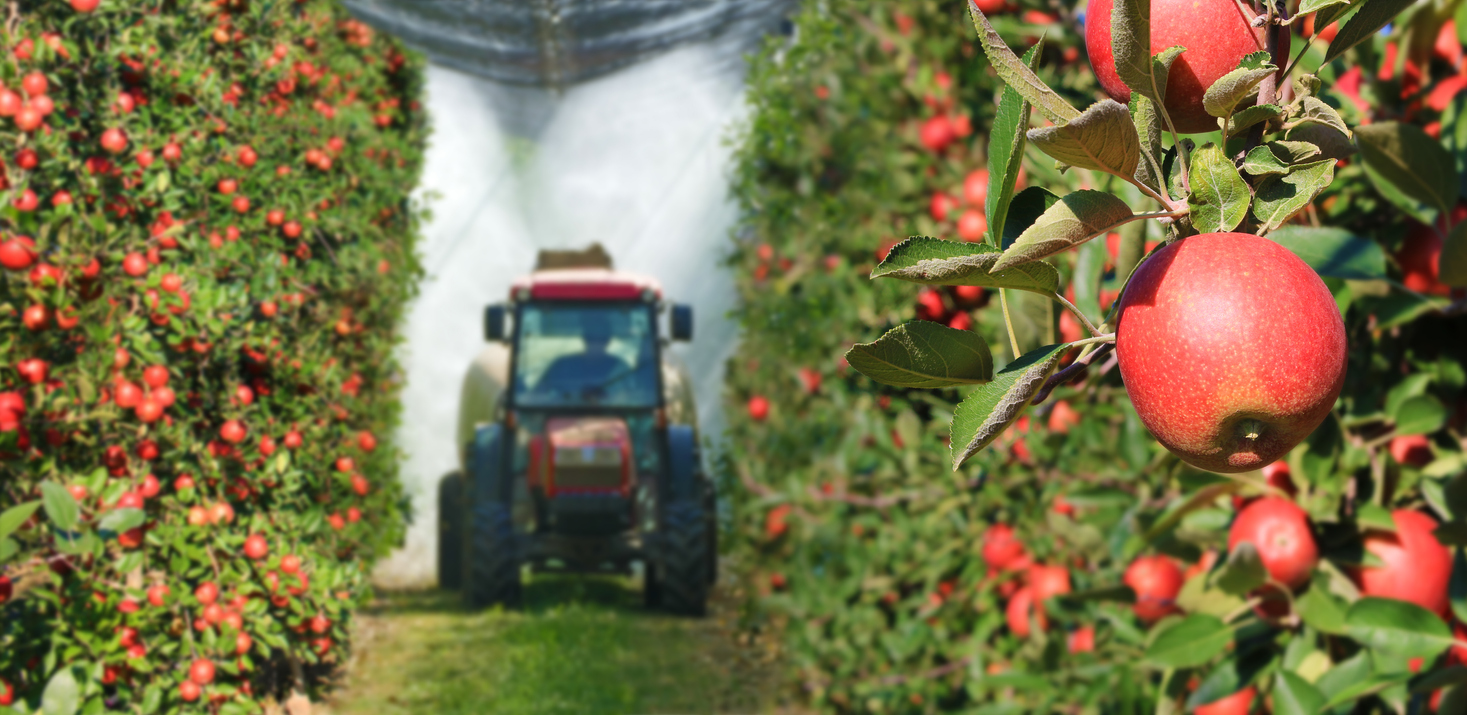
You might be surprised to know that this chemical is a warfare agent, and made way its way into our bread as an insecticide used to treat the containers storing grain. The most recent use of nerve gas was in Syria in 2013
Organophosphates are chemical substances produced by the process of esterification between phosphoric acid and alcohol. Organophosphates can undergo hydrolysis with the liberation of alcohol from the ester bond.
Originally developed as Nerve Gas it in the early 1930’s German scientist Willy Lange first described the toxidromes associated with exposure to nerve gas and cholinergic effects of exposure of the nervous system to organophosphates as “choking sensation and dimming of vision” Jean Louis Lassange and Phillipe de Clermont were two French organic chemists worked further on developing nerve gas, and Gerhard Schrader conducted experiments to harvest the use of these substances as insecticides.
The insecticide was repurposed as a chemical is a warfare agent,
In pre-World War II the Nazi’s saw the potential use of this chemical for warfare creating nerve gas during World War II including sarin, tabun, and soman.
Postwar the USA gained access to the works of Gerhard Schrader, and used organophosphates insecticides, developing parathion and malathion as the first organophosphates pesticides to be synthesised in the US.
These chemicals are the main components of herbicides, pesticides, and insecticides used on many fruits and vegetables, and on grains due to their positive effects on agricultural productivity, however there is mounting evidence of organophosphates having negative effects on both the environment and on human and animal health. In the UK campaigners have alleged that committees with experts giving advise to the governments on pesticide safety have been associated and dominated by the chemicals industries making the agrochemicals, however in 2016, the UK withdrew approval for the widely-used organophosphate insecticide chlorpyrifos due to concerns about neurological development and genetic effects.
“Around 31,000 tonnes of chemicals are used in farming in the UK each year to kill weeds, insects and other pests that attack crops”…”The most dangerous chemicals used in farming, such as organophosphates, have been linked with a range of problems including cancer, decreasing male fertility, foetal abnormalities, chronic fatigue syndrome in children and Parkinson’s disease.” – The Soil Association – 2012
You can learn more here from the UK Parliament post on Pesticides and Health published in 2019.
Generally, studies show that it is vegetables that have more organophosphate pesticide residue, followed by cereals and fruits, and grains had the least amount of pesticides residue in this study.
Below you can see a video of a UK company discussing the pesticide application process to eliminate insects in grain storage units.



